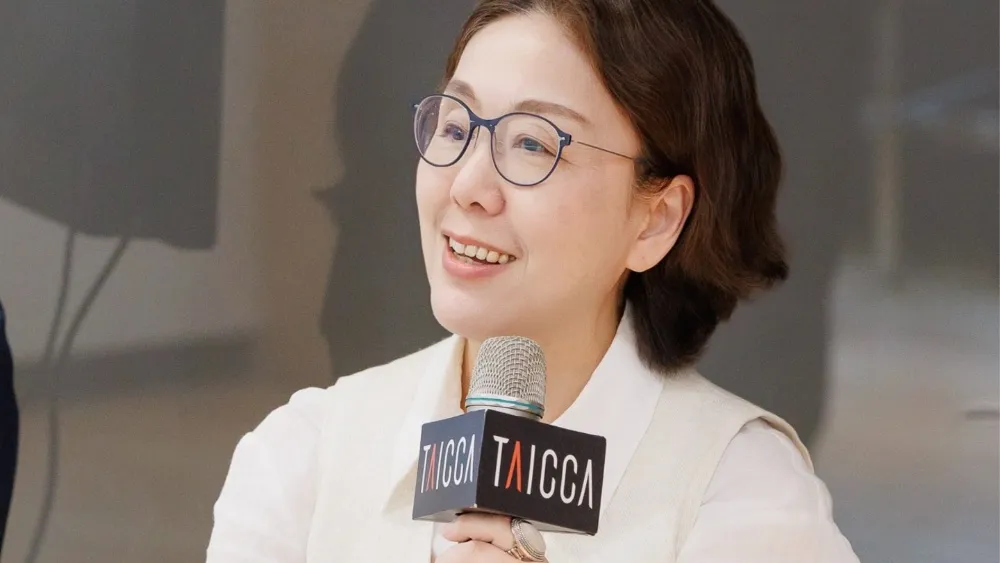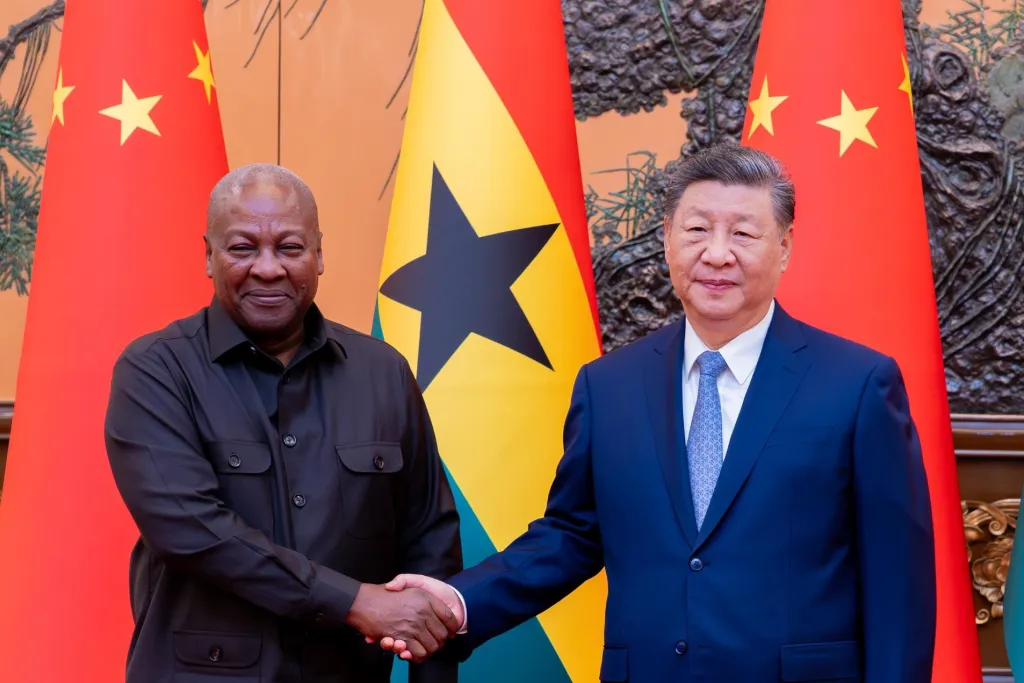Copyright Variety

As the global content industry navigates a major transformation, Taiwan’s cultural agency is positioning the island nation to stay ahead of the curve through technology innovation, expanded investment, and strengthened industry collaboration, according to Taiwan Creative Content Agency (TAICCA) chair Sue Wang. Speaking at the 2025 Taiwan Creative Content Fest (TCCF), Wang outlined an ambitious three-year vision centered on leveraging Taiwan’s technological strengths as a foundation for innovation in the creative sector. The strategy comes at a time when significant changes to existing business models remain uncertain across the entertainment landscape. “Taiwan seeks to position itself as a nation that moves ahead of the curve and endures through the transition,” Wang says, emphasizing three key pillars: technological innovation, investment expansion through ESG (Environmental, Social, and Governance) alignment, and strengthening connections across the industry value chain. TCCF has evolved into a platform designed to compress the traditionally linear content development process, enabling investors and marketers to engage with projects from the earliest stages. The festival’s pitching sessions now span different categories including Project and Story tracks, covering everything from early creative development to award initiatives. “One of the key challenges in the industry today is that marketing and investment considerations must be introduced at the very start of project development,” Wang explains. “TCCF provides a platform that enables these stakeholders to engage early in the process.” The goal is to foster collaborations and investment partnerships across Taiwan’s cultural content ecosystem by connecting creators, marketing teams, production partners and investors from the outset. Drawing from Korea’s success with culturally specific content that travels internationally, Taiwan is doubling down on authenticity. “Taiwan recognizes the importance of the principle that ‘the more local, the more global,'” Wang says. This year has seen Taiwanese productions explore themes including women’s and gender issues, as well as democratization — topics that reflect growing self-awareness within the island’s creative industries. Taiwan’s status as Asia’s only nation where same-sex marriage is legal gives it a unique position in regional collaborations. “For nations where same-sex marriage has yet to be legalized, collaboration with Taiwan offers the opportunity to work within a freer, more open, and inclusive environment,” Wang notes. Looking ahead, Wang believes Taiwan’s competitive edge lies in weaving technology throughout the content creation process. From AI tools and virtual design enriching production to cross-platform adaptations and integrated digital marketing, technology serves as both enabler and connector. “With Taiwan’s strong technological background and computational capacity, we have the potential to shape an evolving creative ‘format’ — not a fixed formula, but a flexible approach that helps creators imagine and produce in new ways,” she says. Immersive productions like “The Great Tipsy” and “Luda” exemplify this approach, serving as model cases for IP adaptation and emerging technology applications that can build both investor confidence and creator understanding. To attract private capital, TAICCA is focused on building investment credibility through improved corporate governance and financial management practices within creative enterprises. The agency also employs a co-investment model to share risk with private investors. “By taking on part of the investment risk, TAICCA demonstrates that the government stands together with private enterprises,” Wang says. The approach aims to incentivize participation while strengthening long-term confidence in the cultural content sector. The agency is also actively pursuing co-investment opportunities from domestic and international enterprises, particularly through alignment with private-sector ESG initiatives. This reflects recognition that the emerging paradigm favors capital concentration and large-scale players. Taiwan’s diverse, immigrant-shaped society has cultivated what Wang describes as a distinctive sense of warmth and empathy that translates into its creative output. This sensibility, she suggests, is reflected in the popularity of Taiwanese romantic dramas. “The ‘romance’ portrayed in these stories is not superficial — it stems from an authentic belief in the beauty, kindness, and emotional sincerity of the world,” Wang says. “This heartfelt optimism has, in many ways, become part of Taiwan’s cultural DNA.” That warmth extends to Taiwan’s creative community itself. Wang painted a vivid picture of the TCCF gala atmosphere: “Investors, creators, and industry partners from across the cultural content sector gathered together in high spirits, faces flushed with excitement, raising their glasses, giving the signature Taiwanese thumbs-up, and leaning in for photos.” For Wang, this image captures the essence of what TCCF represents — “a joyful convergence of creativity, collaboration, and shared purpose within Taiwan’s cultural ecosystem.” As the content industry continues its transformation, Taiwan is betting that its combination of technological prowess, cultural authenticity, and collaborative spirit will define its creative brand for the next decade TCCF runs Nov. 4-7.



